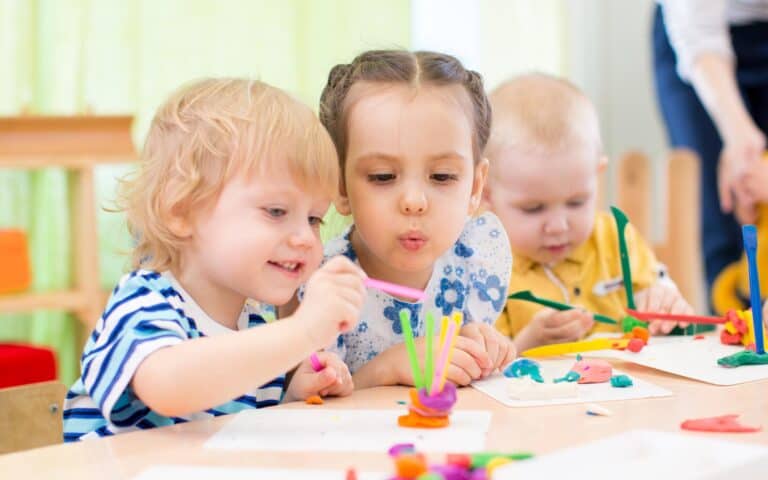How ADHD Influences Personal Relationships
ADHD affects both children and adults, impacting their ability to maintain relationships. The core symptoms of inattention, impulsivity, and hyperactivity can lead to problems with communication, shared responsibilities, and connections in relationships. For example, difficulty paying attention during conversations, interrupting others, and dominating discussions can strain communications. Acting impulsively without considering consequences, chronic lateness, and disorganization can also disrupt relationships with ADHD. The struggle with managing time, planning, and organizing, termed executive functioning skills, can further strain connections, creating unpredictability.
Misconceptions About Relationships With ADHD
Common misconceptions about relationships with ADHD often stem from a lack of understanding about key symptoms. For example, your child’s peers may interpret their ADHD tendency to hyperfocus on certain tasks or hobbies as a lack of interest or investment in their friendship. However, hyperfocus is an involuntary symptom of ADHD that leads to intense absorption for hours on end, making it extremely difficult to pull away or transition attention.
Similarly, impulsivity and emotional dysregulation in ADHD can lead to behaviors like interrupting, mood swings, and emotional outbursts that are often misperceived. In reality, these behaviors reflect executive functioning challenges with impulse control and emotion regulation—not an uncaring attitude. The ADHD brain processes information differently, leading to difficulties managing these functions, but the desire for a healthy relationship is certainly still present.
Strategies for Nurturing Healthy Relationships With ADHD
ADHD can make relationships more challenging. However, with open communication, building on strengths like creativity, and seeking support, healthier relationships are possible.
Open Communication: The Key to Understanding ADHD
Open communication between children, parents, and educators is key to supporting positive peer relationships. By discussing how ADHD impacts social interactions, children can help their friends understand behaviors like impulsiveness or trouble focusing during play. Parents and teachers can provide coaching to help children with ADHD practice social skills like waiting their turn, compromising in play, and managing frustration. With support, understanding, and practice, children with ADHD can develop meaningful connections and experience the joys of friendship. The whole community has a role in fostering an inclusive environment where children learn empathy and see each other’s unique strengths.
Relationship-Building Strategies for Individuals with ADHD
Children with ADHD can benefit from routines that build their focus and organization. Setting reminders, using checklists, and adopting habits that boost attention, like eye contact or listening quietly, aid self-regulation. Taking short breaks when overwhelmed, speaking kindly about frustrations, and managing big emotions are also key skills. With empathy, patience, and work, children can form meaningful connections.
Role of Professional Help in Managing Relationships With ADHD
For children with ADHD, professional help like counseling or therapy can be invaluable for building relationship skills. Therapists can help children understand how their ADHD symptoms might affect friendships and provide strategies to improve social interactions. Counseling provides a supportive environment for kids with ADHD to practice conversational skills, learn to read social cues, and develop techniques for managing frustration. With professional guidance, children with ADHD can gain insight into their strengths and challenges in relationships. They can also explore ways to communicate their needs clearly, control impulses, and be a caring friend. Equipped with these relationship-building tools, children with ADHD are empowered to nurture meaningful connections.
Help Your Child Succeed in Relationships With ADHD With the Support of Abbey Neuropsychology Clinic
Dealing with ADHD can be a challenging journey, but it doesn’t have to hold your child back from meaningful relationships. At Abbey Neuropsychology Clinic, our experts are dedicated to helping children build foundational social skills and improve their relationship with ADHD. We take an empathetic, strengths-based approach focused on enabling children to thrive despite the challenges of ADHD.
Schedule a call with our team today to start your child on the path toward social success.






